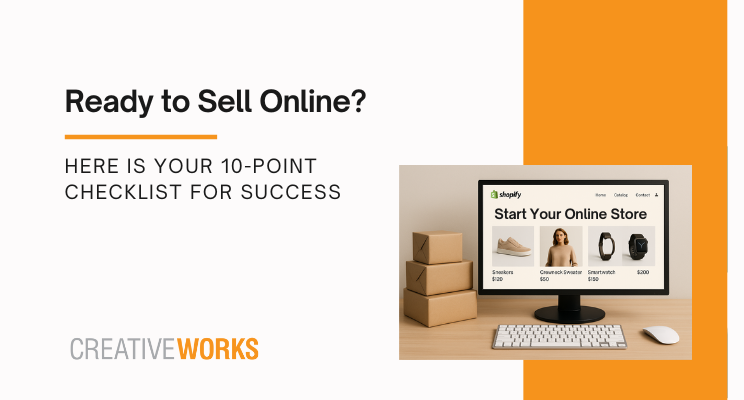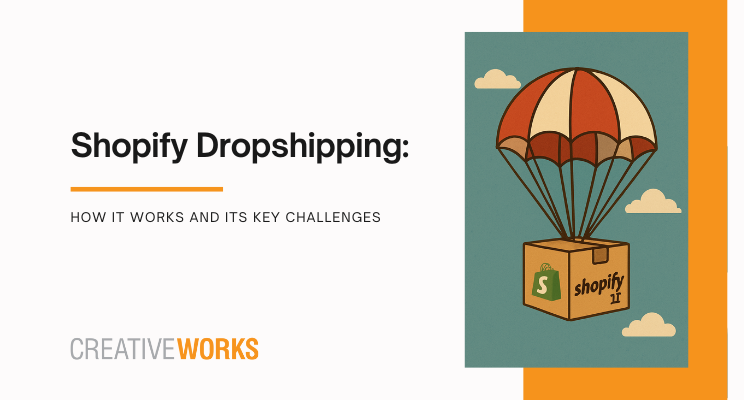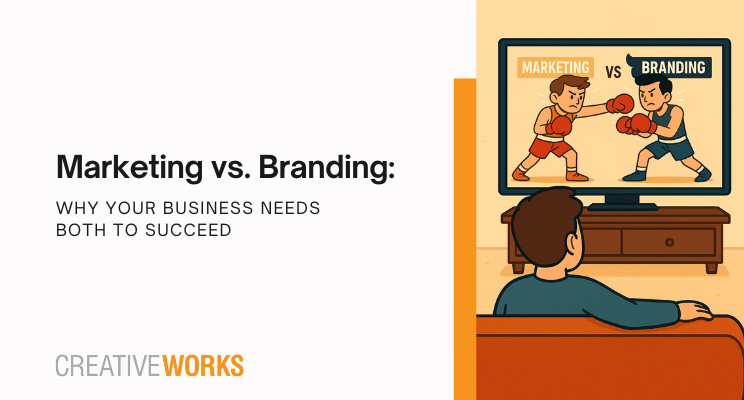The dream of selling your products to a global audience, setting your own hours, and building a thriving business from the comfort of your home (or anywhere!) is more attainable than ever. But turning that dream into a reality requires careful planning and execution. Starting an online store isn’t just about throwing up a website; it’s about building a sustainable and profitable e-commerce business.
This comprehensive guide breaks down the 10 essential steps you need to take to start a successful online store. Whether you have a brilliant product idea or are looking to expand your existing brick-and-mortar business online, this roadmap will provide the foundation you need for success.
1. Develop a Solid E-commerce Business Plan:
Before diving into the technical aspects, it’s crucial to lay the groundwork with a well-defined business plan. This doesn’t need to be a 50-page document, but it should clearly outline:
- Your Niche and Target Audience: Who are you selling to? What are their needs and pain points? Defining your niche helps you focus your marketing efforts and product selection.
- Products or Services: What exactly will you be selling? Conduct market research to ensure there’s demand for your offerings. Consider your sourcing, manufacturing, or creation process.
- Business Model: Will you be selling physical products, digital goods, or services? Will you handle fulfillment yourself or use dropshipping?
- Revenue Streams: How will you make money? Consider your pricing strategy and potential for recurring revenue.
- Marketing and Sales Strategy: How will you attract customers to your online store? Think about SEO, social media, email marketing, and paid advertising.
- Financial Projections: Estimate your startup costs, operating expenses, and potential revenue.
2. Conduct Thorough Market Research and Validate Your Product Ideas:
Don’t assume your product idea is a guaranteed success. Conduct thorough market research to understand the competition, identify trends, and gauge customer demand.
- Analyze Competitors: Who else is selling similar products online? What are their strengths and weaknesses? How are they pricing and marketing their products?
- Identify Trends: Use tools like Google Trends to see if there’s sustained interest in your product niche.
- Gather Customer Feedback: If possible, get feedback on your product ideas before you invest heavily. This could involve surveys, focus groups, or even selling a minimum viable product (MVP) to early adopters.
3. Choose Your E-commerce Platform Wisely:
Your e-commerce platform will be the backbone of your online store. It will handle everything from product listings and order processing to payments and shipping. There are numerous platforms available, each with its own strengths and weaknesses.
Popular options include:
- Shopify: Known for its user-friendliness, extensive app store, and robust features for businesses of all sizes.
- WooCommerce (on WordPress): A flexible and customizable option, but requires more technical knowledge.
- BigCommerce: A scalable platform with advanced marketing features.
Choosing the right platform depends on your technical skills, budget, and specific business needs. Consider factors like ease of use, available features, scalability, security, and customer support.
If you’re looking for a powerful and user-friendly platform designed for growth, Shopify is an excellent choice. At CreativeWorks, we specialize in Shopify development and can help you build a stunning and high-performing online store tailored to your unique brand. Visit our Shopify E-commerce service page for more information.
4. Secure a Memorable Domain Name and Set Up Hosting (If Necessary):
Your domain name is your online address and a crucial part of your brand identity. Choose a name that is:
- Easy to remember and pronounce.
- Relevant to your brand and products.
- Ideally ends with a .com extension.
- Available! Check domain registrars like GoDaddy or Namecheap.
If you choose a self-hosted platform like WooCommerce, you’ll also need to secure web hosting from a provider like Bluehost or SiteGround. Managed platforms like Shopify include hosting in their plans.
5. Design a Visually Appealing and User-Friendly Online Store:
Your website is your online storefront, and first impressions matter. Invest in a professional and visually appealing design that reflects your brand identity.
- Clean and Intuitive Navigation: Make it easy for visitors to find what they’re looking for.
- High-Quality Product Images and Descriptions: Showcase your products with clear, attractive photos and detailed, persuasive descriptions.
- Mobile-Responsiveness: Ensure your website looks and functions flawlessly on all devices (desktops, tablets, and smartphones).
- Fast Loading Speeds: Slow loading times can frustrate customers and hurt your search engine rankings.
- Clear Call-to-Actions: Guide visitors on what you want them to do (e.g., “Add to Cart,” “Learn More”).
CreativeWorks offers comprehensive creative and branding services to help you establish a strong visual identity for your online store. We can design custom Shopify themes or tailor existing ones to perfectly represent your brand.
6. Set Up Secure Payment Processing:
Offering a variety of secure payment options is essential for building trust and maximizing conversions. Integrate with reputable payment gateways like:
- Stripe
- PayPal
- Square
- Authorize.Net
Ensure your website has an SSL certificate to encrypt sensitive data and protect your customers’ information.
7. Develop a Streamlined Shipping and Fulfillment Strategy:
How will you get your products to your customers? Consider the following:
- Shipping Options: Offer a range of shipping methods (e.g., standard, expedited) with clear pricing.
- Packaging: Choose packaging that protects your products and aligns with your brand.
- Fulfillment: Will you handle shipping and fulfillment yourself, or will you use a third-party logistics (3PL) provider?
- Returns and Exchanges: Establish a clear and fair policy for returns and exchanges.
8. Implement Effective Marketing Strategies:
Having a beautiful online store is only half the battle. You need to attract customers. Implement a multi-faceted marketing strategy that may include:
- Search Engine Optimization (SEO): Optimize your website and content to rank higher in search engine results for relevant keywords like “how to start an ecommerce business” and “online store checklist.”
- Social Media Marketing: Build a presence on relevant social media platforms to engage with your audience, promote your products, and drive traffic to your store.
- Email Marketing: Collect email addresses and nurture leads with valuable content and promotional offers.
- Paid Advertising: Consider running targeted ads on platforms like Google and social media to reach a wider audience.
- Content Marketing: Create valuable and informative content (like this blog post!) to attract and engage potential customers.
9. Provide Excellent Customer Service:
Exceptional customer service is crucial for building loyalty and generating positive word-of-mouth. Make it easy for customers to contact you with questions or concerns. Offer multiple support channels, such as:
- Phone
- Live Chat
- FAQ Page
Respond promptly and professionally to all inquiries.
10. Analyze Your Performance and Continuously Optimize:
Starting an online store is an ongoing process. Regularly track your website analytics, sales data, and customer feedback to identify areas for improvement.
- Monitor Key Metrics: Track website traffic, conversion rates, average order value, and customer acquisition cost.
- A/B Test: Experiment with different website designs, product descriptions, and marketing messages to see what performs best.
- Gather Customer Feedback: Actively solicit feedback from your customers and use it to improve your products, services, and overall customer experience.
Ready to take the first step in launching your successful online store?
Starting an online store can feel overwhelming, but by breaking it down into these ten essential steps, you can approach the process with clarity and confidence. Remember, you don’t have to do it alone.
CreativeWorks is a full-service partner dedicated to helping entrepreneurs like you build thriving Shopify e-commerce businesses. From stunning website design and custom development to strategic marketing and ongoing support, we have the expertise to guide you through every stage of your e-commerce journey. Visit our Shopify E-commerce service page today to learn how we can help you turn your online store vision into a profitable reality.
By following these steps and leveraging the right resources, you’ll be well on your way to launching and growing a successful online store. Good luck!




